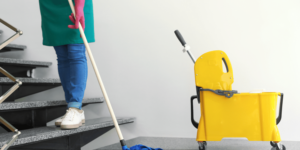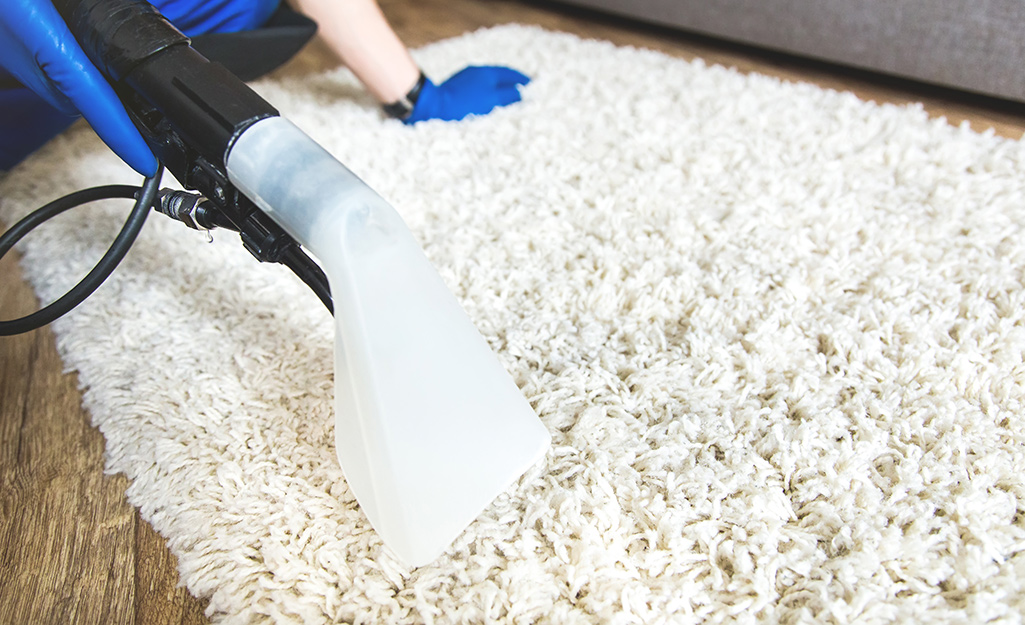15 October 2024
How to Divide Up Cleaning Jobs in a Group
Whether it’s living with flatmates or relatives, the way householding is arranged is always a compromise. Cleaning is probably one of the most primal and recurrent tasks that must be performed. Therefore, one has to find out how to divide the cleaning tasks properly. The subsequent guidelines guide the distribution of cleaning duties among individuals living together.
Assess the Cleaning Needs
The first thing to do is to regularly look at what cleaning requires. List down all the various sections and work that need to be performed based on which you can design a cleaning schedule, such as cleaning the wash bowl, sweeping the floor, washing the floor, cleaning the fridge, dusting, taking out the bin and recycling, wiping counters, washing mirrors, and glasses, washing bed linen, etc.

Get Everyone’s Input
As a group, get together and review the required cleaning tasks. We should also know from each person which chores he or she does not mind doing and the considerations that the person has regarding skills and strength for cleaning. Some people excel at cleaning the bathroom, unlike those who might like cleaning surfaces or carpets. It keeps everyone in check to know each of their preferences, and thus, it becomes easy to organize work.
Consider Time Commitments
It’s also important to consider how time-consuming each cleaning task is, especially when dividing them. Weekly cleaning all the available bathrooms means washing all the areas from ceiling to the floor, which is more time-consuming. Ensure that the group is in a position to accept that the assignments demand almost the same amount of time and energy from every person.
Assign Specific Duties
Considering the list of cleaning tasks and people’s preferences, their time availability, then-properly distribute cleaning tasks among the people. Divide the list evenly—attempt to separate it into either geographic area (one person cleans kitchens, one person cleans the baths) or work types (vacuuming, taking out the garbage, dusting, and so on). Be sure that no one feels like he or she was assigned more work than the others or vice versa.
Post the Assignments
Provide a structured timetable showing which area or item needs cleaning by whom and what the timetable is. Put it on the refrigerator or anywhere to remind everyone of the system. Encouragingly, if you wish certain chores to be accomplished at any given week, set reminders for them.
Rotate Duties Periodically
Of course, to maintain the system’s fairness over a more extended period, some of the competencies can be rotated every few months. Each person cleaning the bathrooms will become bored of the task after several weeks, as will each person vacuuming. Rotating means the burden of some harmful tasks is distributed among the people involved with fairness so that nobody feels annoyed or irritated.

Adjust as Needed
Check in periodically over the first weeks of implementation, or if all members have checked in for the first weeks, to probe whether the cleaning duty assignments work well or need adjustments. For some reason, people’s timetables or desire to perform specific tasks may shift through time. Accept changes on the job distribution if one feels this is unfair. Explicit collaboration is required for making changes.
Outline Consequences
In an ideal setting, everyone has to clean specific spaces on their own without much pressure being applied to force them into the task. However, the group may wish to debate on logical outcome if a particular person does not deliver on the task as expected.
Make Big Cleaning Fun
On the occasions when a session will require more work, say one or two times in a year such as washing of windows, cleaning the basement or the garage, make a session a social one to encourage the members. By ordering pizza, creating a playlist and organizing everyone in order to achieve the mission it’s less monotone. Yes, high spirits among group members when cleaning can be a real game changer.
The most helpful elements of splitting cleaning in relationships where people live together include realistic delegating of tasks and consequences to back them up, while accommodating solutions to make the system better. The importance of good organization, group and individual communication explains why it is not tedious to keep the spaces clean. The group can also work fine with cleaning well put in a way that none of the members will be forced to clean more than the others. If we continually monitor and change how we view our tasks, we will eventually create a collaborative and job-sharing environment.














